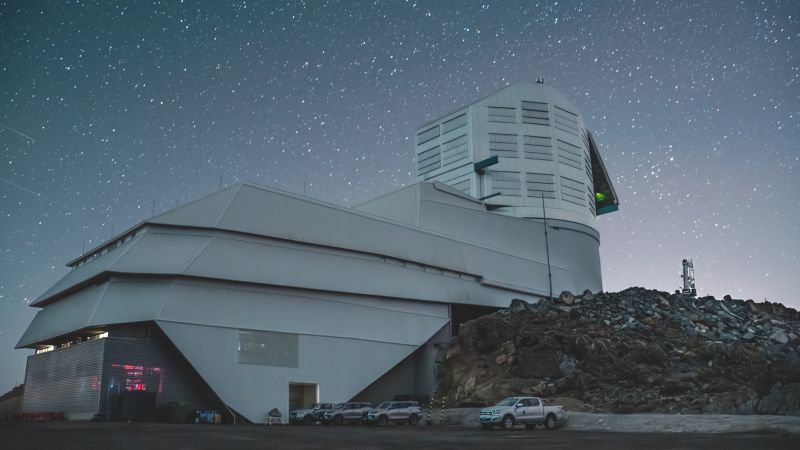
Engineers
Engineers are professionals who apply scientific and mathematical principles to design, develop, and maintain various systems, structures, and machines. In the context of space and astronautical engineering, engineers play a crucial role in designing and developing spacecraft, rockets, satellites, and other space-related technologies. They work on various aspects of space missions, including propulsion systems, guidance and navigation systems, communication systems, and life support systems. Space engineers also conduct research and development to improve existing technologies and explore new possibilities for space exploration. They work in teams and collaborate with scientists, technicians, and other professionals to achieve mission objectives. Space engineers must have a strong understanding of physics, mathematics, and computer science, as well as excellent problem-solving and communication skills.
Your Previous Searches
Random Picks
- Turboprop: Turboprop is a type of aircraft propulsion system that uses a gas turbine engine to drive a propeller. The gas turbine engine powers a gearbox that turns the propeller, which generates thrust to propel the aircraft forward. Turboprop engine ... Read More >>
- Spherical Coordinate System: Spherical coordinate system is a three-dimensional coordinate system that defines any point in space by its distance from a fixed point, its polar angle measured from a fixed axis, and its azimuthal angle measured from a fixed plane. In ast ... Read More >>
- Neutron Detectors: Neutron detectors are devices used to detect and measure the presence of neutrons. In the context of space and astronautical engineering, neutron detectors are used to measure the flux of neutrons in space, which can provide valuable inform ... Read More >>
Top News

The dark sky over an urban park in central Mexico attracts stargazers who worry ...
As night descended in an ecological park in central Mexico, tiny stars appeared in the sky one by one, aligning into constellations...
News Source: ABC News on 2024-10-25

Citizen astronomers rally to protect Mexico’s night sky for the next generatio...
As night descended in an ecological park in central Mexico, tiny stars appeared in the sky one by one, aligning into constellations...
News Source: ABC News on 2024-10-25

World’s largest digital camera will be a ‘game-changer’ for astronomy | CN...
On a mountaintop in northern Chile, the Vera C. Rubin Observatory, which holds the largest digital camera in the world, is preparing to power up....
News Source: CNN on 2024-10-23

Orionids meteor shower is this weekend: Where and when to watch its peak...
Orionids meteor shower is this weekend: Where and when to watch its peakgo.com...
News Source: ABC News on 2024-10-18

Acting or hosting, Travis Kelce wants to continue to pursue a showbiz career. Bu...
Travis Kelce is the host of “Are You Smarter Than a Celebrity?”...
News Source: ABC News on 2024-10-09